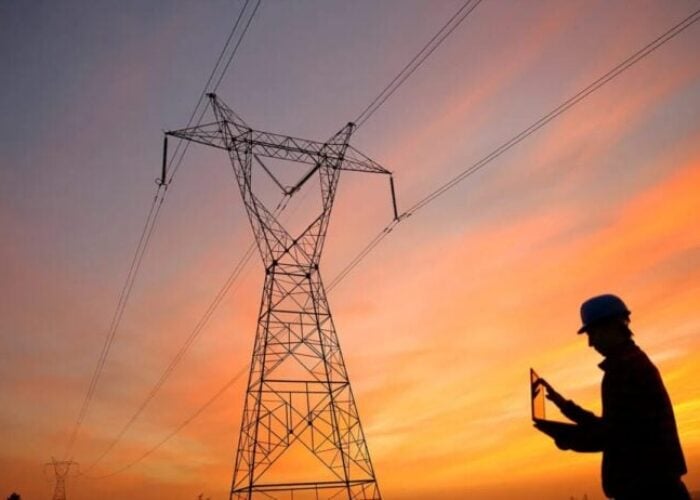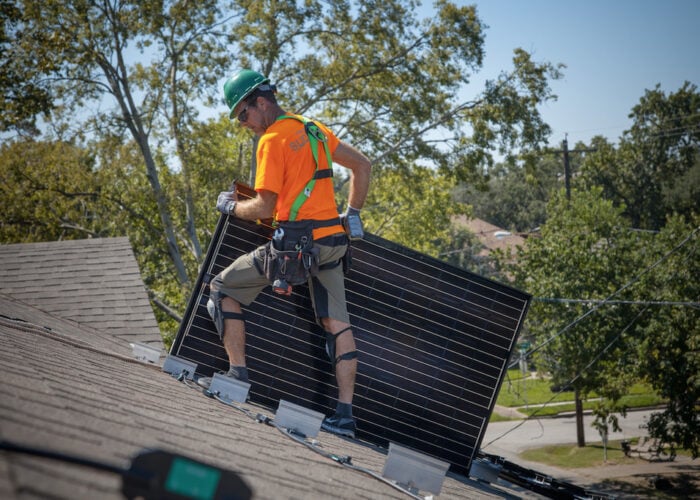A new 53MW solar power plant near the German city of Cottbus could well be unique and come to represent the explosive growth of thin-film solar leader First Solar in years to come. 700,000 modules will be required for the project, which would become the largest in Germany. The project is being organised by First Solar and Juwi Holding AG, having secured funding from a consortium of banks, with 162 hectares of land leased from the State of Brandenburg on very attractive terms. This was due to the site being a former Soviet Union Army training camp that is ‘littered’ with land mines, grenades and other munitions, according to a joint statement from the project developers.
“First Solar’s mission is to enable a world powered by clean, affordable solar electricity,” said Stephan Hansen, Managing Director, First Solar GmbH. “This project alone is expected to displace approximately 35,000 tons of C02 emissions a year. But we are particularly proud of this project because it adds an additional element to ‘clean.’ Not only will the project produce clean electricity, but it will also result in the removal of hazardous munitions from this project site.”
Unlock unlimited access for 12 whole months of distinctive global analysis
Photovoltaics International is now included.
- Regular insight and analysis of the industry’s biggest developments
- In-depth interviews with the industry’s leading figures
- Unlimited digital access to the PV Tech Power journal catalogue
- Unlimited digital access to the Photovoltaics International journal catalogue
- Access to more than 1,000 technical papers
- Discounts on Solar Media’s portfolio of events, in-person and virtual
Matthias Willenbacher, Juwi Chief Executive, said, “Large projects like this one demonstrate that solar power is already capable of making significant contributions to addressing climate change. With this project, Juwi, using First Solar modules, has developed the three largest PV power plants in Germany.”
The significant size of the project, which is expected to be completed by the end of 2009, could enable economies of scale yet to be seen in the solar industry. According to the partners, construction of the project began in January 2009, and the first 15MW have already been installed.







